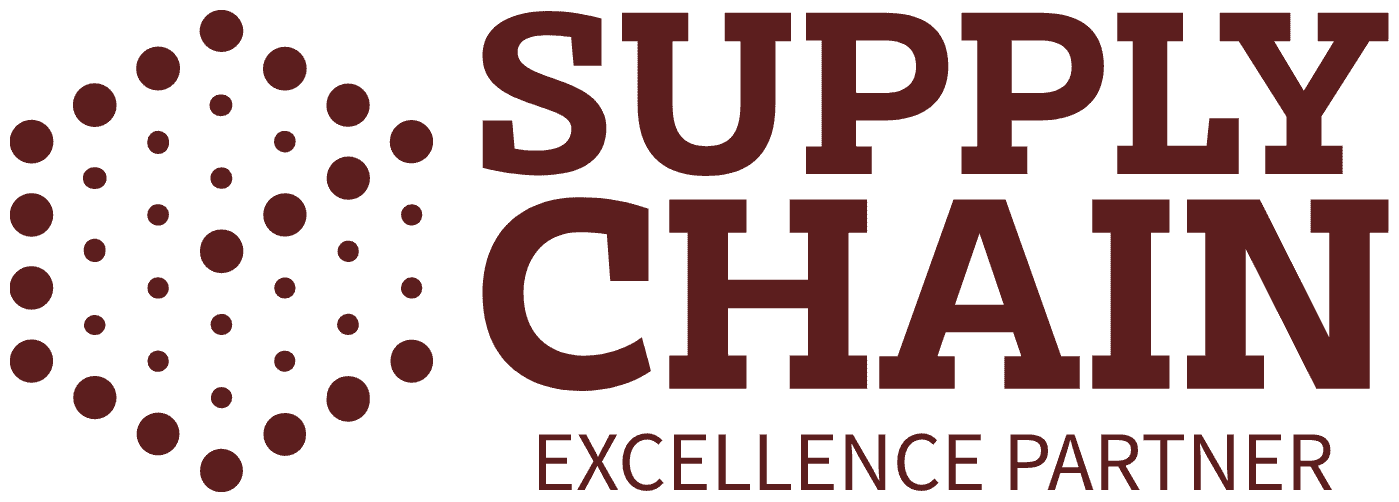Agentic AI: When the supply chain becomes the brain of the company
- 20 August, 2025
- Posted by: admin
- Categories: Künstliche Intelligenz, Strategie

The public debate surrounding artificial intelligence is still dominated by the loudest voices: generative creativity, text-based applications, chatbots. What is easily overlooked is that the truly fundamental changes begin where companies breathe operationally—in the supply chain.
Every day, thousands of decisions are made here with immediate consequences for costs, service levels, delivery reliability, and capital commitment. Decisions that have traditionally been made by humans—manually, often reactively, and rarely optimally. Agentic AI promises to take over these micro-decisions. Not through traditional process automation, but through autonomous, context-aware agents that understand goals, evaluate options, and act in real time. Translated with DeepL.com (free version)
But autonomy is not an end in itself. It is only effective when embedded in a system of data quality, human control, and organizational trust. Discussions with companies show that agentic AI is ready for use. But its effectiveness depends less on technology than on architecture and attitude.
“We completely outsourced the forecasting process. No one types Excel figures anymore. And yes, it was a cultural shock. But after three months, the quality was better—and no one wanted to go back.” „Wir haben den Prognoseprozess vollständig ausgelagert. Niemand tippt mehr Zahlen in Excel ein. Und ja, das war ein Kulturschock. Aber nach drei Monaten war die Qualität besser – und niemand wollte mehr zurück.“
A multinational consumer goods manufacturer with over 500,000 SKUs in its portfolio initially introduced Agentic AI in sales planning. Instead of monthly reforecasting cycles with countless stakeholder consultations, several agents now work in parallel to generate daily demand forecasts – granular, cross-channel, and autonomous. Planners only intervene in the event of escalations. The result: an 18 percent improvement in forecast accuracy and a reduction in manual effort of over 40 percent. What was decisive here was not the model quality, but the data consistency. The agents access harmonized, consolidated data sources – validated via a company-wide data governance framework.
“The agent alerted us to a systemic supply bottleneck—before our purchasing department even had it on their radar. That wasn't a feature. That was an eye-opener.” — Director of Procurement, Mechanical Engineering Company DACH
Agentic AI was used in a medium-sized mechanical engineering company to identify systematic risks in the supply chain. An agent analyzed daily market data, supplier master data, and inventory figures. By continuously evaluating geopolitical events in combination with internal dependencies, the agent was able to identify a critical material shortage two weeks before the purchasing team—and simulate concrete options for action. The key difference: the agent does not only act on the basis of internal data, but also integrates external, unstructured sources – automatically validated, contextualized, and prioritized. Without this ability to reliably interpret external signals, the system would be useless – or, in the worst case, dangerous.
These examples illustrate that agentic AI is not a modeling project. It is a structural intervention in operational decision-making logic. And as with any systemically relevant technology, the question of trust arises. Not only whether the agent “works,” but whether it draws the right conclusions—from the right data, using the right rules.
And this is precisely where a fundamental weakness of many organizations becomes apparent: their data architecture is not agent-enabled.
Denn was Agenten brauchen, ist nicht mehr Datenmenge – sondern DatenbedeutungSources must be clear, structured, versioned, and protected against manipulation. They must be weighted in a way that makes business sense—and they must be designed with the goal in mind, not based on IT logic.
“We realized too late that the agent was faster than our governance process. Today, we consider both together.” — CIO, global automotive supplier
In one case from the automotive industry, an agent identified delivery deviations at a Tier 2 supplier that the purchasing department had not classified as critical. The agent's decision to explore alternative sources of supply was correct – but it violated existing contract guidelines. The lesson: autonomy needs governance. The agent was not shut down – but embedded in a revised regulatory framework. Since then, technology and compliance have been meeting daily – in real time.
And this is where an often underestimated aspect comes into play: Agentic AI does not operate in a vacuum. It requires a cybersecurity strategy that goes beyond traditional perimeter protection. This is because agents can be compromised not only technically, but also logically. A manipulated input signal, a faulty source, or a planted parameter can turn a valuable agent into a time bomb.
That is why leading companies today are investing in “decision integrity frameworks” – systems that make every decision traceable. Every data point is logged. Every agent behavior is auditable. This not only creates security – it creates trust.
“Autonomy is not dangerous if you know where the agent gets its truth from.” — Chief Data Officer, multinational technology company
And finally, there is the question of people. Who builds these agents? Who trains them? Who is responsible for them? The classic data scientist is no longer sufficient here. What is needed is a new job profile: someone who understands the supply chain in detail, can translate data into business logic, thinks about governance, and not only models AI systems, but also architektonisch verantwortet.
These individuals do not exist in textbooks. They emerge at the intersection of operations, IT, and strategy. And, viewed objectively, they are the critical bottleneck of any Agentic AI initiative.
Conclusion: Agentic AI is not a technological gimmick. It is an organizational model.
Wer glaubt, Autonomie bedeute Kontrollverlust, denkt zu kurz. Denn richtig umgesetzt, macht Agentic AI das Gegenteil: Sie schafft Klarheit – über Ziele, Daten, Rollen und Verantwortung.
The supply chain is the ideal field for this. Because it is operationally oriented. Because it is data-driven. And because, unlike any other corporate function, it - mediates between strategy and reality.
But as companies begin to familiarize themselves with agentic AI, the next paradigm shift is already looming on the horizon. Quantum Computing – still experimental, but potentially more disruptive than any previous digital technology – will fundamentally change the rules of agentic decision-making in just a few years.
What agents currently calculate in minutes could be simulated in seconds using quantum-inspired algorithms. Material flows, transport networks, production capacities—decisions that were previously made in linear systems could be optimized in high-dimensional spaces of possibility in the future. Not only faster, but fundamentally different.
“What happens when an agent can not only decide, but also think like a quantum computer—with thousands of probabilities simultaneously?” —CTO, global technology corporation
This will further accelerate operational reality. Companies will no longer just have to decide what is rightbut welche Möglichkeiten in welcher Kombination unter Unsicherheit den höchsten Wert erzeugenAgentic AI will become the navigator through these new spaces—if the systems are prepared for it.
That's why now is the right time to lay the groundwork: data logic, governance, architecture, responsibilities. Those who master Agentic AI today will not fear quantum-based decision intelligence tomorrow – they will use it.
SC X AS PARTNER
increase in efficiency
Digitization optimizes business processes and reduces manual effort.
Customer experience
Improved user experience and customer loyalty through intuitive online platforms.
Competitiveness
Use of modern technologies to differentiate ourselves from competitors and tap into new markets.
ability to innovate
Establishment of a framework for continuous innovation and adaptation to changing market conditions.
Business Intelligence
By using advanced data analysis tools and business intelligence solutions, companies can make informed decisions.
Go-to-market partner in Switzerland
We open doors in our network of decision-makers in Switzerland for innovative solution partners from abroad.
